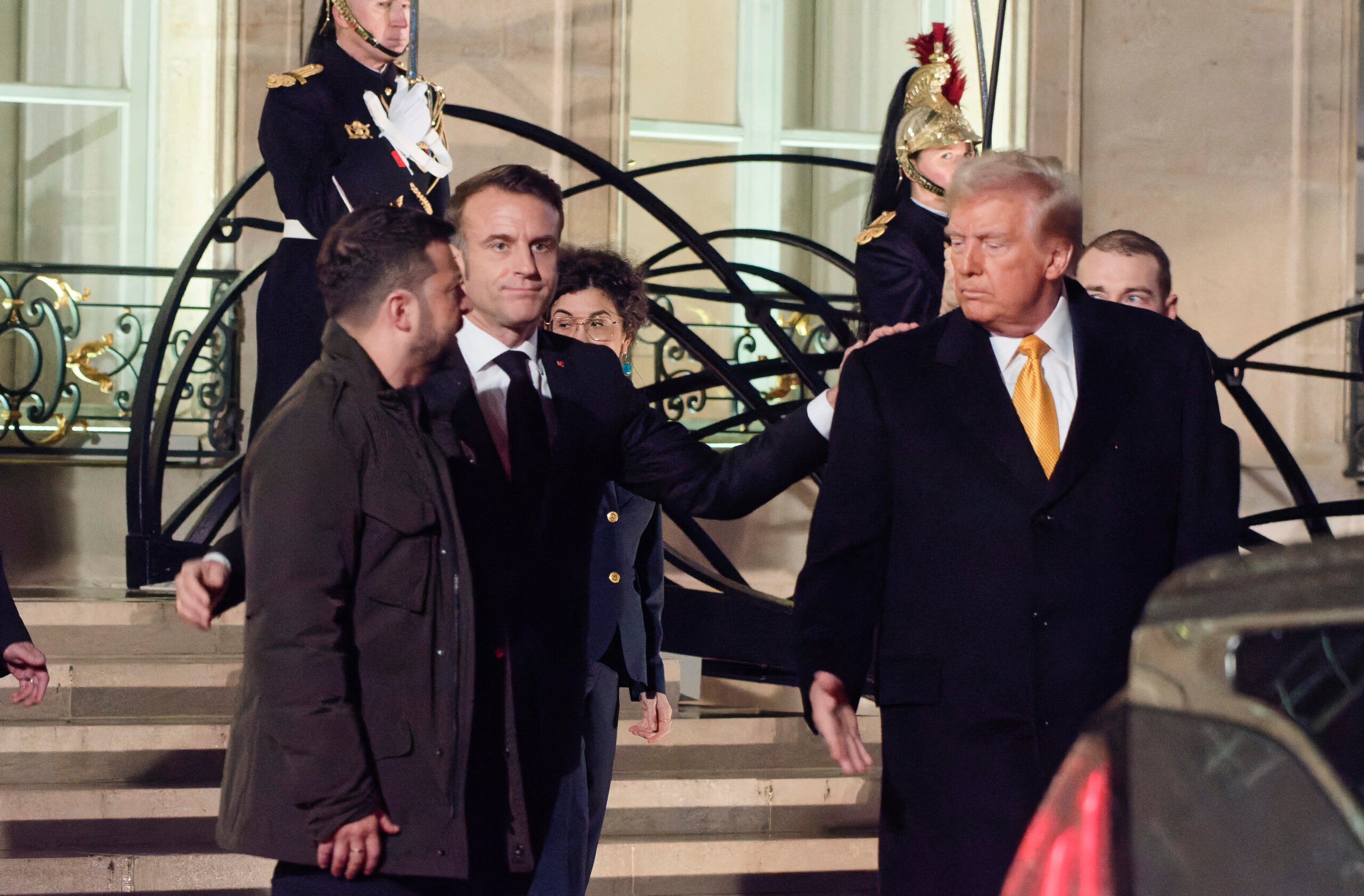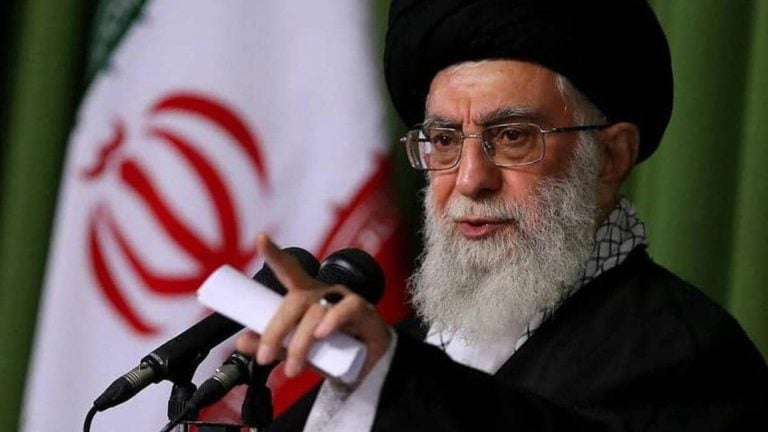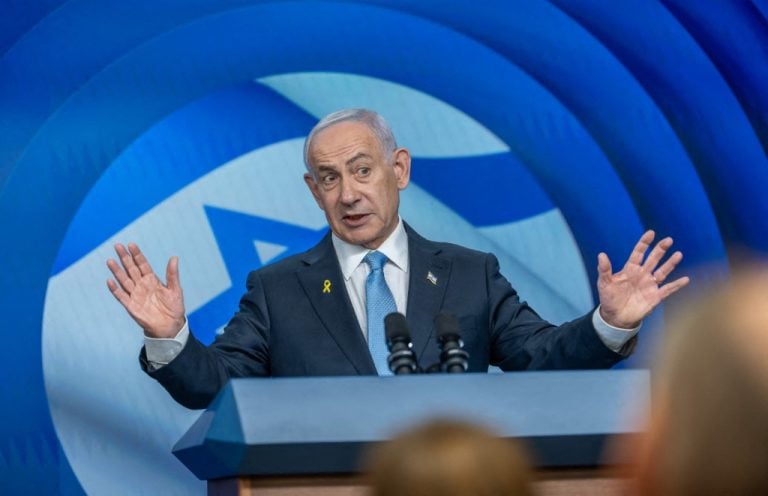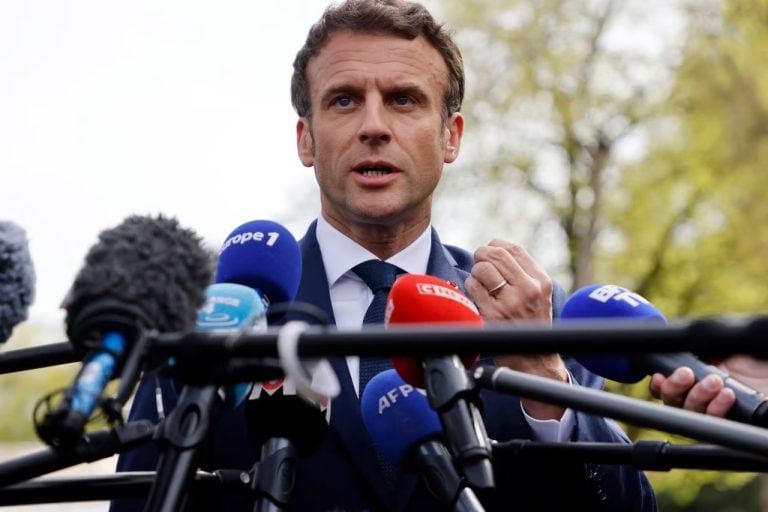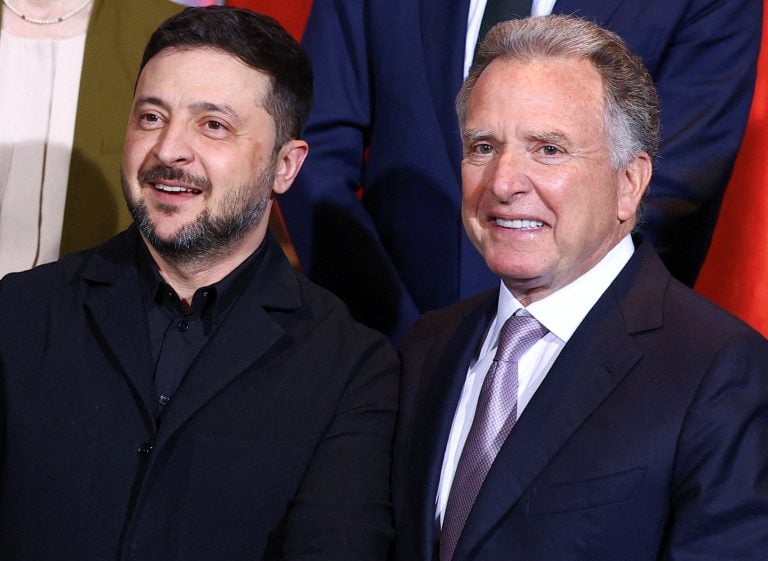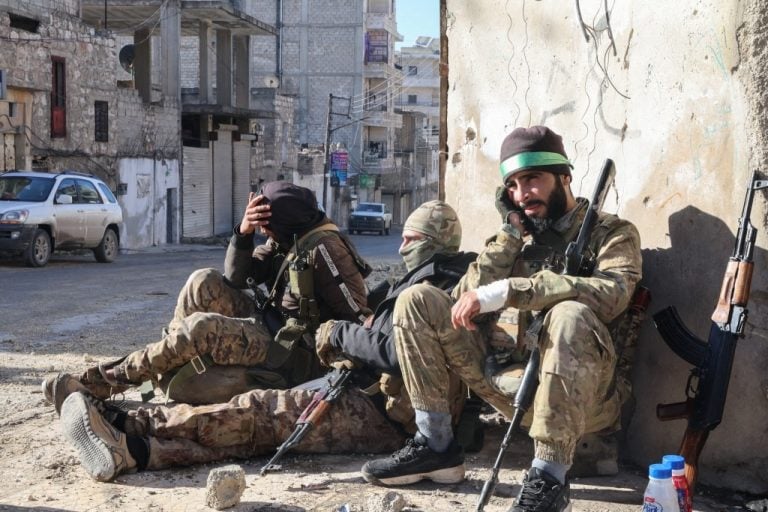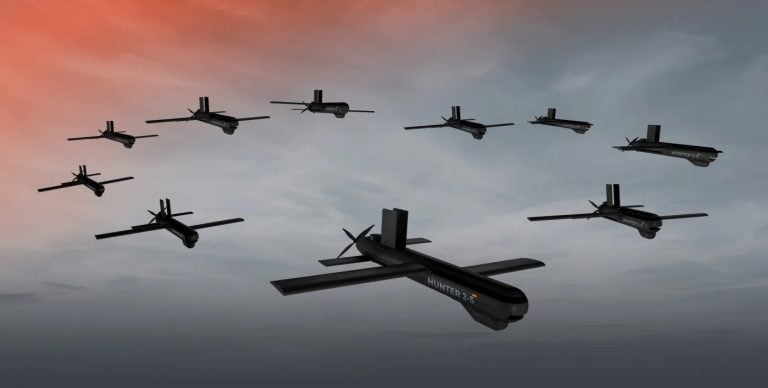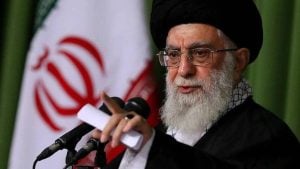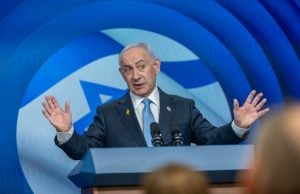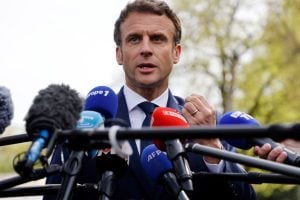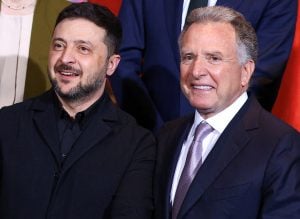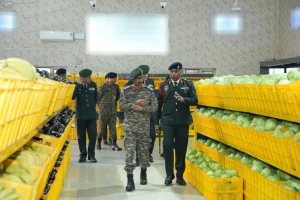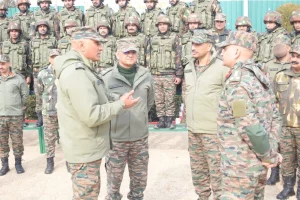In a recent interview with Fox News, former US President Donald Trump raised eyebrows by suggesting that Ukraine could potentially become part of Russia in the future. This statement comes as Trump’s Vice President, JD Vance, prepares for a meeting with Ukrainian President Volodymyr Zelensky later this week, highlighting a growing interest in resolving the ongoing conflict in Ukraine.
During the interview, Trump emphasized the need for an end to the war that has been ongoing for nearly three years, stating, “They may make a deal, they may not make a deal. They may be Russian someday, or they may not be Russian someday.” The remarks sparked discussions about the precarious situation in Ukraine, where the war has led to massive loss of life and displacement.
In addition to his controversial comments about Ukraine’s future, Trump also discussed the financial ramifications of U.S. aid to the country. He expressed a desire to see a return on investment, suggesting a potential trade involving Ukraine’s natural resources, including valuable rare earth minerals. Trump claimed that he had conveyed to Ukrainian officials his expectation of receiving the equivalent of $500 billion in return for the significant financial support provided by the U.S., a statement that underscores his transactional approach to foreign aid.
Additionally, Trump announced plans to send his special envoy, Keith Kellogg, to Ukraine. Kellogg is tasked with drawing up a proposal aimed at putting an end to the hostilities. While Trump is pushing for a swift resolution to the conflict, President Zelensky has articulated the need for strong security guarantees from the U.S. as part of any potential deal with Russia.
Zelensky and his administration remain wary of any agreements that do not include firm military commitments, such as NATO membership or the presence of peacekeeping forces. The fear is that a settlement lacking in such guarantees would merely provide the Kremlin with an opportunity to regroup and prepare for future aggression. Zelensky underscored this sentiment in a recent video address, calling for “real peace and effective security guarantees” for Ukraine, emphasizing the importance of the security of its people, state, and economic relations.
Amid these discussions, Zelensky is scheduled to meet with Vance on the sidelines of the Munich Security Conference, taking place from February 14 to 16. Sources within Zelensky’s office noted that Kellogg is expected to arrive in Ukraine on February 20, shortly before the third anniversary of Russia’s invasion, which began on February 24, 2022.
While Zelensky and Trump have expressed interest in a potential meeting, arrangements for such a discussion have yet to be finalized. Trump recently indicated that he had spoken on the phone with Russian President Vladimir Putin about efforts to end the conflict, reiterating that Putin expressed a desire for the violence to cease. However, the Kremlin has remained tight-lipped regarding the call.
The backdrop to these diplomatic maneuvers is a challenging military landscape, particularly in Ukraine’s eastern Donetsk region, where Russia has made significant advances, capturing numerous settlements amid relentless bombardments. Recently, the Ukrainian energy sector has also been under constant attack from Russian forces, prompting the Ukrainian government to implement emergency power supply restrictions to mitigate the impacts of the ongoing assaults on its infrastructure.
The upcoming meetings and discussions in Munich are poised to play a critical role in shaping the future of Ukrainian security and the ongoing conflict, even amidst the complexities and challenges posed by both military engagements and geopolitical negotiations.
